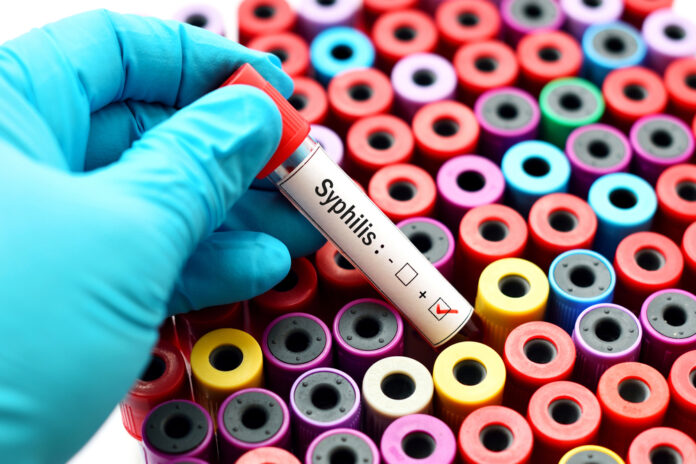
Syphilis has been studied for a long time. It is a sexually transmitted disease that has been slowly rising for the past 20 years. Nearly 130,000 new cases were diagnosed in 2019. This is compared to only two decades ago when there was an all-time low of fewer than 6,000 cases. Syphilis cases were so few in 2000 that some public health professionals believed the disease would soon be eradicated. In fact, many people believed that syphilis was a disease of the past.
Who Is at Risk for Syphilis?
Syphilis can harm everyone who engages in sexual activity. However, particular groups may be more vulnerable, such as:
- The main and secondary phases of early syphilis may be more frequently identified in men who engage in unprotected intercourse with other guys.
- People who use methamphetamine, inject drugs, or have intercourse with users are also in danger, particularly women.
- Mothers who are American Indian or Alaska Native, Black, or Latina are more likely to have congenital syphilis. The main cause of this is a lack of access to prenatal care, which includes syphilis testing and treatment.
Why are Syphilis Cases on the Rise?
There are many things that could be making the number of people with syphilis go up. Some possibilities are listed below:
- Less money and resources for public health programs.
- With fluid dating activity, it may be harder to track the spread of STIs and let people who may have been infected know.
- Medications have developed that may cause a decreased use of condoms.
- Lack of prenatal care for many individuals.
- An increased focus on COVID has decreased attention on syphilis and sexually transmitted infections (STIs).
Treatment for Syphilis
The antibiotic used to treat syphilis is called Penicillin G benzathine. Early treatment is crucial since, while this eradicates the germs, it does not undo the harm already done.
The medication is administered as a single shot to patients with early-stage syphilis. If you have advanced syphilis or are unsure how long you’ve had it, you may be administered three doses spaced out over three weeks. Your symptoms and various tests are used by medical professionals to establish what stage of syphilis you have.
If there is a possibility you may be allergic to penicillin G, your doctor could suggest that you visit an allergist for allergy testing to determine whether penicillin G is safe for you to use.
Summary
It’s important that if you’re in a high-risk group, talk with your doctor about your concerns regarding Syphilis. The best situation is for you to have all the information you can possibly have.
https://www.cdc.gov/std/syphilis/stdfact-syphilis-detailed.htm
https://www.mayoclinic.org/diseases-conditions/syphilis/symptoms-causes/syc-20351756
https://www.npr.org/sections/health-shots/2021/11/01/1050568646/syphilis-std-public-health-funding


















